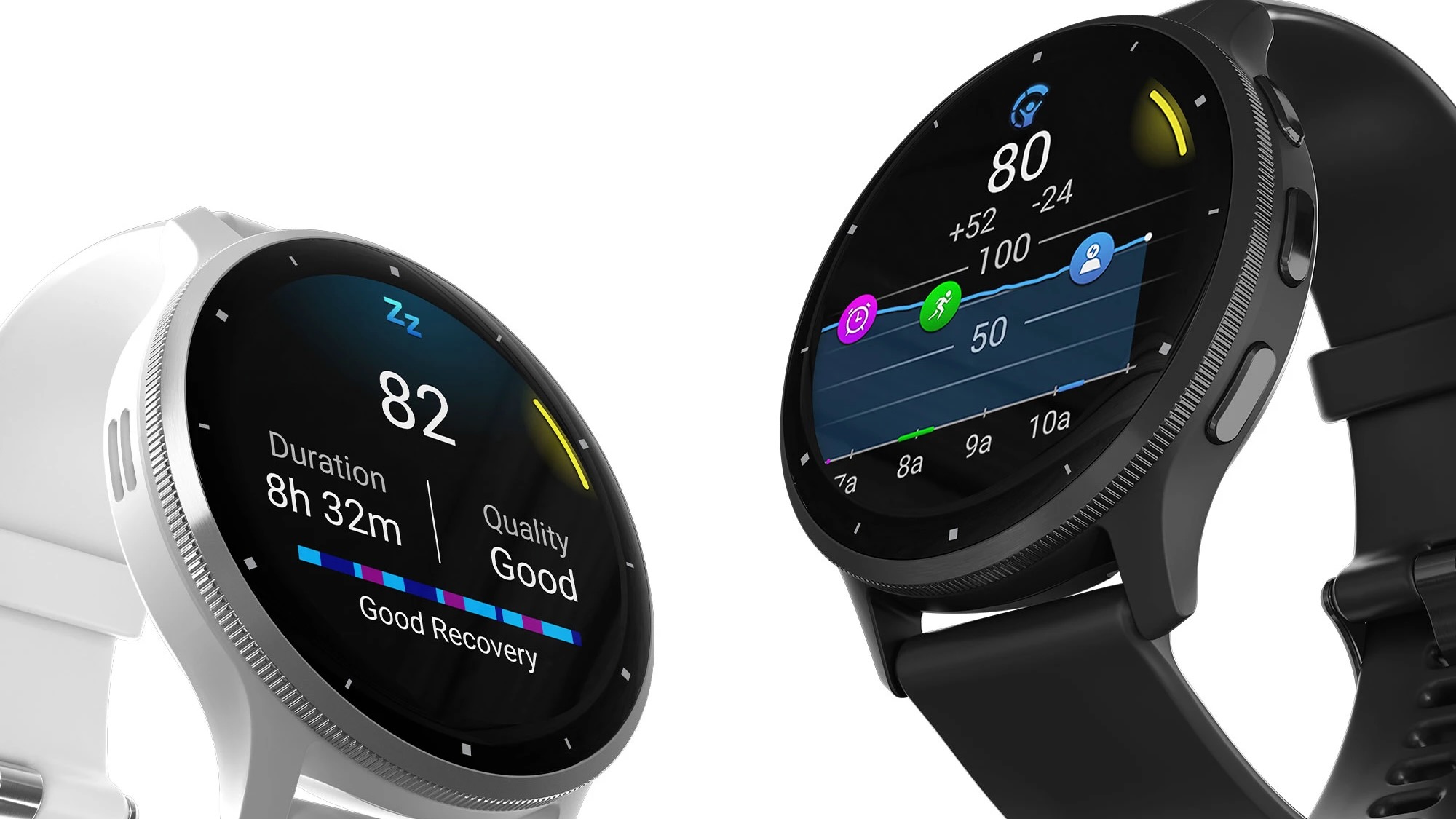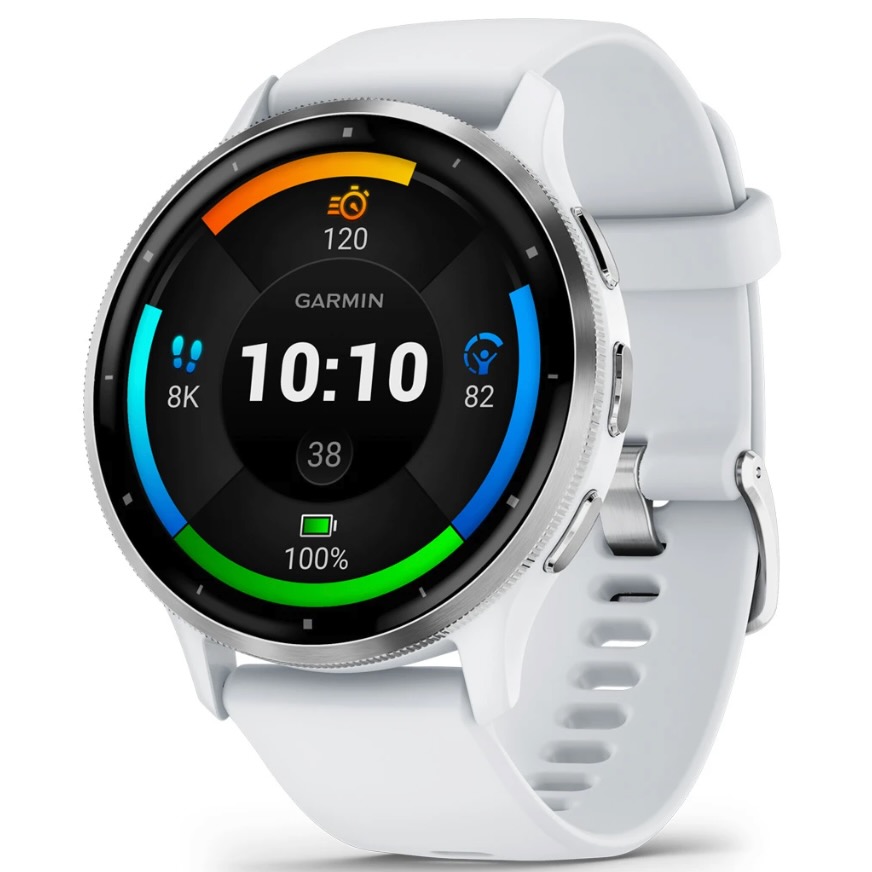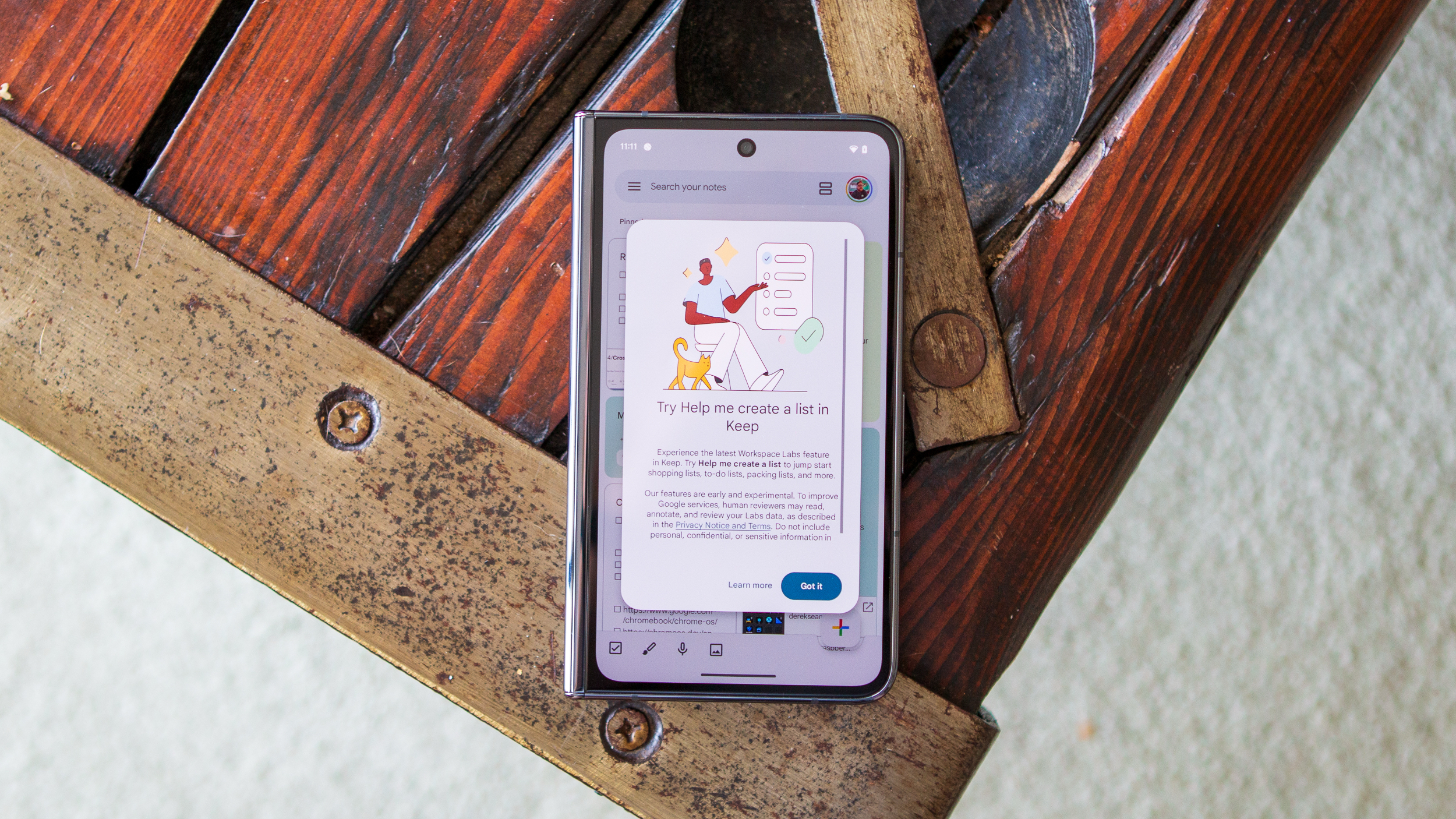The Garmin Venu 3 adds Sleep Coaching, but some features are still hibernating
The new Elevate v5 sensor is allegedly capable of ECG and skin temperature readings, but you can't use them yet.

What you need to know
- The Garmin Venu 3 and Venu 3S are available starting this Wednesday for $449.99.
- The Venu 3 has a mic and speaker like the 2 Plus, which makes it pricier than the Venu 2.
- The Venu 3 series lets you manually track sleep and naps for the first time, and is the first with a wheelchair mode and variable font sizes.
- It's also the first with the Elevate V5 heart rate sensor, but the ECG and skin temperature sensors aren't active yet.
The Venu 3 and 3S, Garmin's newest lifestyle smartwatches that target a more mainstream crowd, have a ton of new features like Sleep Coaching to justify the costly $450 price tag. But two of those features aren't active at launch, and we're curious how long we'll have to wait to expect them to wake up.
Garmin likes to use the Venu series to introduce new health-tracking tools. The Venu 2 was its first watch to use the Elevate v4 heart rate sensor, which enabled heart rate variance readings. A year later, the Venu 2 Plus added ECG readings for the first time. Now, the Garmin Venu 3 has both ECG support and the new Elevate v5 sensor, which has the underlying capabilities for skin temperature readings.
Unfortunately, as DC Rainmaker's Venu 3 review notes, both the ECG sensor and skin temperature sensor remain dormant at launch, with no planned activation date or mention in the press release.
Even though the Venu 2 Plus has FDA approval for its AFib readings, the Venu 3 doesn't yet. And though Gadgets & Wearables found screenshots of Venu 3 skin temperature graphs, we don't know when Garmin will judge its algorithms accurate enough to launch widely.
Frankly, we're glad Garmin didn't mention them. We've seen a recent trend of smartwatches promising health sensors at launch and then taking nearly a year to release them, like the Galaxy Watch 5's skin temperature sensor or the Pixel Watch's SpO2 sensor. It's better for Garmin not to promise anything until it knows when it can deliver them.
We just hope that moment comes sooner rather than later since the Venu 3 is specifically marketed as a kind of rival to more mainstream fitness watches with tons of health sensors.

Beyond any new or future health sensors, the Garmin Venu 3 has some intriguing new features. The biggest update is, of course, the new Sleep Coach. Aside from allowing manual naps for the first time, it uses your sleep stages and HRV data to properly coach you towards hitting a healthy amount of sleep, incorporating this data into your Morning Report.
Get the latest news from Android Central, your trusted companion in the world of Android
It's the first to offer a wheelchair mode, specifically judging your fitness level with a "wheelchair-specific estimate for maximum heart rate" rather than a traditional VO2 Max that doesn't take physical limitations into account.
Despite weighing about the same as the 1.3-inch Venu 2 and 1.1-inch 2S, the Venu 3 and 3S jump to 1.4- and 1.2-inch displays, respectively, and give you a few extra days of battery life — up to 14 days for the larger Venu 3 — despite adding a battery-draining mic and speaker.
Whereas the Venu 2 costs $400, the Venu 3 costs the same as the Venu 2 Plus ($450), likely thanks to that same mic/speaker addition. This puts it at the same price as several 2023 Garmin watches like the Forerunner 265 and Instinct 2X Solar. The creep-up in price corresponds with some excellent devices, but it may also make these new models more inaccessible for budget buyers.
Available now, the Garmin Venu 3 comes in whitestone/silver and black/slate. The Venu 3S has more color options: pebble gray/slate, sage gray/silver, French gray/soft gold, dust rose/soft gold, and ivory/soft gold.

Michael is Android Central's resident expert on wearables and fitness. Before joining Android Central, he freelanced for years at Techradar, Wareable, Windows Central, and Digital Trends. Channeling his love of running, he established himself as an expert on fitness watches, testing and reviewing models from Garmin, Fitbit, Samsung, Apple, COROS, Polar, Amazfit, Suunto, and more.

